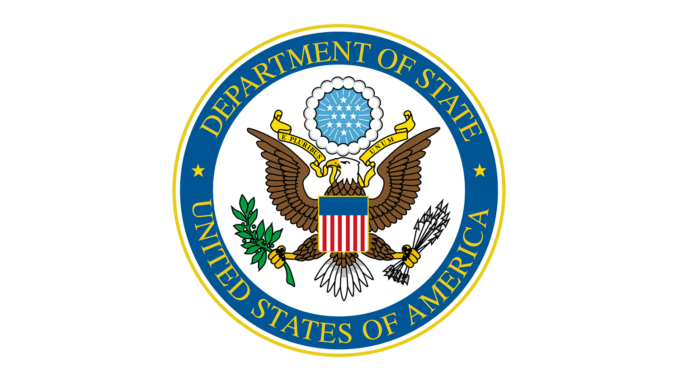
Morocco actively encourages foreign investment through macro-economic policies, trade liberalization, structural reforms, infrastructure improvements, and incentives for investors, the US State Department said.
Thanks to its strategic location at the crossroads between Africa and Europe, Morocco has enacted legislation that promotes foreign investments and builds on its infrastructure to offer investors a “gateway to Africa,” the State Department said in a report.
The adoption of a new investment Charter in 2022 marks a watershed, expanding incentives to foreign investment.
The new Charter aims to raise the share of private investment to two-thirds of total investments by 2035, while focusing on promoting strategic industries in the manufacturing sector.
Citing figures from 2021, the latest available data, the report noted that manufacturing attracted the highest share of FDI stocks (23.6 percent), followed by real estate (18.8 percent), telecommunications (12.1 percent), tourism, and energy and mines (6.3 percent) in 2021.
The country gained in attractiveness to foreign investments thanks to its world-class infrastructure, including Tanger Med port, which has- since 2019- become the largest in Africa and the Mediterranean.
The port plans to increase its capacity to 10 million TEUs, from 9 million currently, it said.
Renewable energy is another field in which Morocco is showing the way in Africa. As it moves closer to meeting its goal of raising the share of renewable energy to 52% of installed capacity ahead of 2030, The Kingdom has also launched an offer that has identified 1 million hectares of land for green hydrogen projects.
In the automotive sector, Morocco’s largest export, at least $10 billion worth of investments have been announced in 2023, the report said.
FDI flow has also benefited from the removal of the country from the Financial Action Task Force’s (FATF) “grey list” of countries subjected to increased monitoring due to deficiencies in anti-money laundering and terrorist financing compliance following a series of reforms to strengthen its anti-money laundering and counter terrorist financing legislation, regulations, and criminal penalties.
In May 2023, the European Commission followed suit by removing Morocco from the European Union’s anti-money laundering and counter-terrorist financing “grey list.”
Morocco has also signed Free Trade Agreements with major markets, including the EU, the US and Turkey, that made the country a regional trade hub, providing opportunities for the localization of services and the finishing and re-export of goods to markets in Africa, Europe, and the Middle East.
